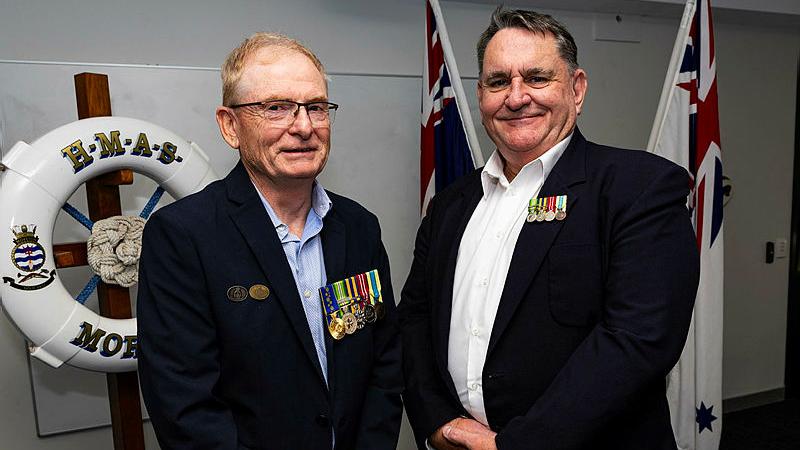Dr Raelene Ward is a proud Kunja woman who is giving First Nations farmers and communities a voice across South Queensland and Northern NSW to better prepare for future dry times.
Dr Ward is the Knowledge Broker, First Nations Engagement at the Southern Queensland and Northern New South Wales Drought Resilience Adoption and Innovation Hub (SQNNSW Hub).
She is on a mission to build strong relationships between First Nations people and the SQNNSW Hub.
‘I always say this is a unique opportunity at the hub because we’re creating leadership positions that allow us as First Nations people to be part of significant decision making,’ she said.
As a senior nursing lecturer at the University of Southern Queensland and expert in Indigenous suicide and social and emotional wellbeing, Dr Ward is helping the SQNNSW Hub include First Nations perspectives in its drought and climate change preparation planning.
‘Young, old, everyone has an experience to share, and it’s up to us to position those stories in the right way without people losing their cultural intellectual property,’ says Dr Ward.
Drought was part of Dr Ward’s life growing up as a Traditional Owner in Cunnamulla, 800 kilometres west of Brisbane, where her grandparents were drovers in a once-bustling cattle industry.
As conditions in the region have become warmer and drier, droving and shearing has reduced dramatically.
The word ‘Cunnamulla’ means ‘long stretch of water’ or ‘big waterhole’ in the language of the Kunja people.
‘In my childhood, the rivers were full of water, or at the very least there was enough to swim,’ she said.
‘The river was our happy place and we all congregated there – the whole community. It was like going to a theme park.
‘The river represented our culture, food, practices, protocols, totems and a sense of connection and belonging to the land.
‘When I was in my 20s, weirs started going up, stopping the natural flow, and now there are a lot of control measures to decide who gets the water and for what purpose.
‘First Nations people have a lot to say culturally and holistically about the drought and water, but they get little chance to make any serious input.
‘Elders would have seen drought affecting those communities over time.
‘I will use my position to be their voice and drive their agendas.’
The SQNNSW Hub is committed to listening to First Nations’ voices throughout the life of projects, starting with program design.
Dr Ward is acutely aware of ‘consultation fatigue,’ where community members are tired of sharing their stories over and over with few results. She looks forward to meaningful conversations and action.
‘We need to look at education and training needs, for example, maybe replicating traditional fish traps,’ she said.
‘We have to preserve our rights to cultural knowledge and also apply it, for example with cultural burning, to contribute to the longevity of the soil and of communities.’
She describes the whole environment, from rivers and soils to plants and animals, as one interconnected system that must be respected.
The concept of interconnectedness is fundamental for Dr Ward, who remembers her mother saying, “when they take the trees away, the river systems are never the same, neither are our communities or our country”.
‘When we see changes in our communities or across our environments it has an impact on us and our stories,’ she said.
‘It affects how we feel about places, and it has impact on our social and emotional wellbeing and mental health.’
Dr Ward will consider data and scientific information in measuring the success of her role, but those are not the only performance markers she will monitor.
‘If our hub news starts to travel by word of mouth on the ‘Murri grapevine’, if First Nations people across our entire hub are talking about what we do, I’ll feel like I’ve been pivotal in seeing opportunities come to life,’ she said.
Visit the SQNNSW Innovation Hub website.
Learn more about the 8 Drought Resilience Adoption and Innovation Hubs across Australia.







